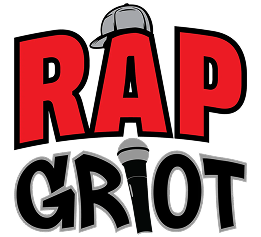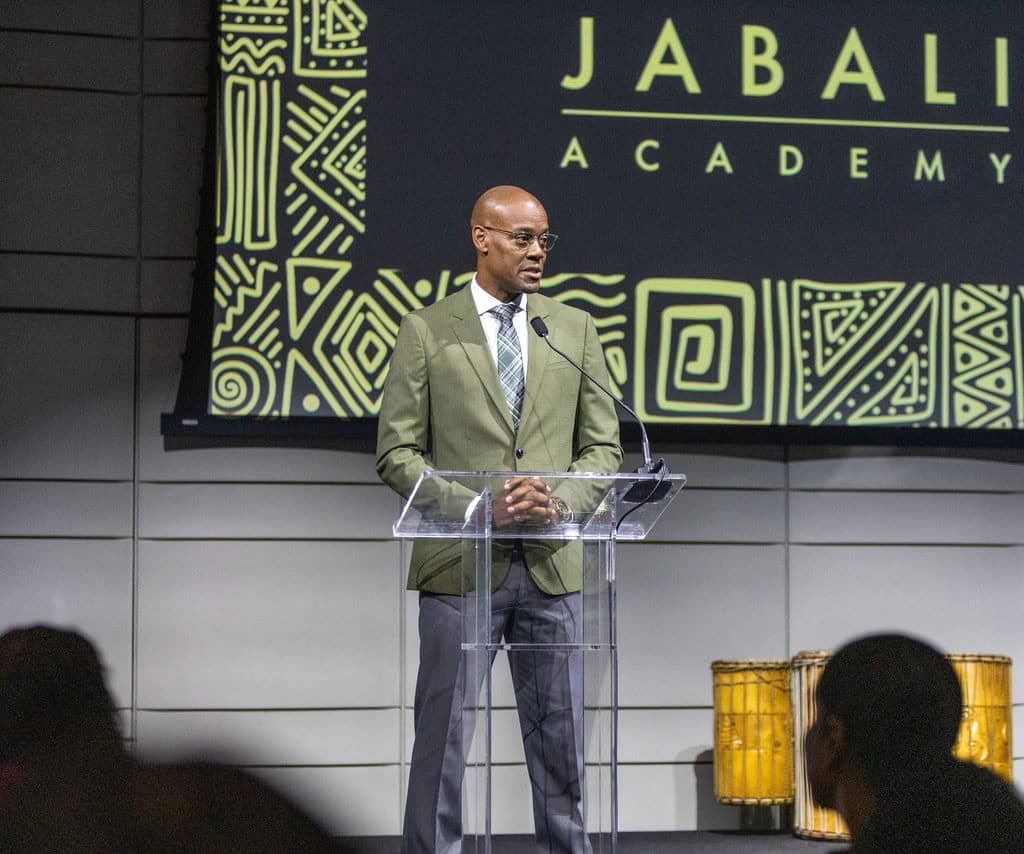On Sunday, October 12, 2025, the Empowering Minds fundraiser at the Skirball Cultural Center brought together a “village” of supporters—from Hollywood heavyweights like Warner Bros. and the Berlanti Family Foundation to community leaders and celebrated educators—all in support of a singular, vital mission: opening Jabali Academy.
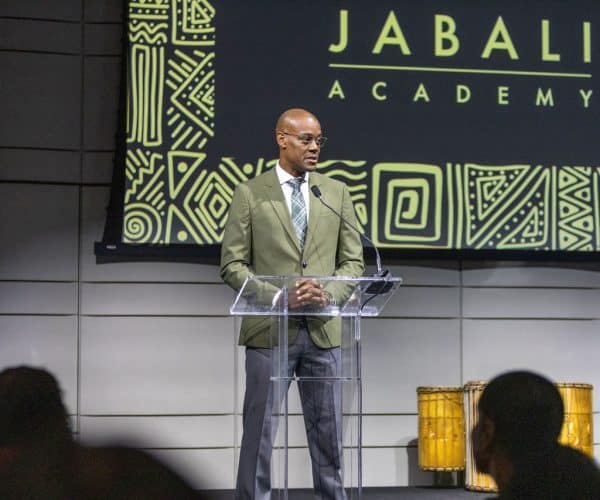
Founded by Dr. Jon Carroll and Nkechi Okoro Carroll, the future Inglewood, CA, K-8 school aims to prepare students to be “global citizens” by building a rigorous curriculum rooted in Africa’s global contributions and a strong sense of cultural affirmation. With the Academy on track to meet its ambitious $10 million fundraising goal, the buzz is palpable. The second annual event, which honored WWE superstar Thaddeus Bullard and educator Dr. William Syms, underscores the belief that investing in culturally grounded education creates both academic excellence and community uplift.
The Source spoke with Founder and CEO Dr. Jon Carroll to discuss the philosophy driving this necessary educational blueprint, how an early focus on African history impacts a child’s identity, and why Inglewood is the essential home for this “center of excellence.”
READ MORE: Jabali Academy Raises Funds for Afrocentric Education at Second Annual “Empowering Minds” Gala
Jabali Academy’s mission is to center the curriculum in Africa’s contributions to the world. Could you explain the philosophy behind starting this culturally affirmative education at the Preschool level, and how you believe this focus on African history and global communities impacts a child’s early development and sense of identity?
The philosophy behind starting a culturally affirming and connecting institution is that by laying a foundation where students come to understand their connection to a larger history, they will be more capable of engaging in academic disciplines and seeing themselves within those curricula. When you know, for example, that people who look like you were integral to the development of math and science, then you are less likely to believe that you are incapable of advanced study. The foundation we will lay at Jabali Academy will enhance a child’s sense of ethnic identity, making students more capable of connecting to the human experience of their peers.
The goal of Jabali Academy is to prepare students to be “global citizens.” In an era where conversations around equity and representation are critical, how does a curriculum that is centered in African communities and complemented by traditional academic disciplines serve as a new, necessary blueprint for education?
Afrocentric curricula and institutions are not new. I would be remiss not to mention the Marcus Garvey school that operated here in Los Angeles and the Omowale Ujamaa School that was located in Pasadena. These institutions have always existed to ensure that students have the opportunity to be steeped in culture, language, and academic practices aligned with their heritage. This is particularly timely now because Black communities are facing the attempted erasure of history and practices in the name of comfort for others. Institutions like Jabali Academy, which center the contributions of Africa, continue to be critical so that the historical record of the Diaspora passed down through generations remains accurate.
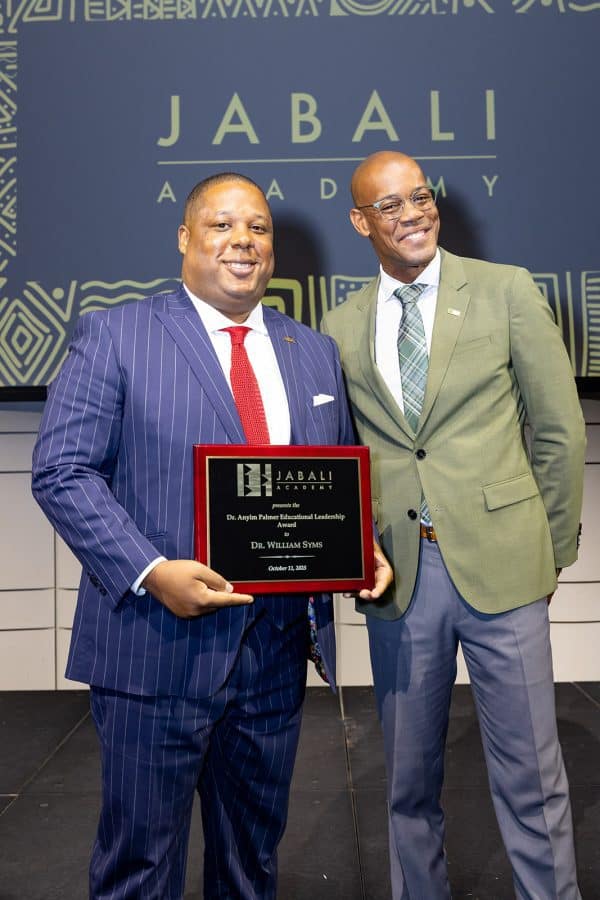
Why was it essential to choose Inglewood, CA, as the home for Jabali Academy? How do you envision the school’s presence and mission integrating with and enriching the existing cultural and educational landscape of the Inglewood community?
It was important to be in Inglewood because it is an area where educational opportunities are shrinking. Recently, three elementary schools, a middle school, and a high school were slated to close by the District. We wanted to provide a quality educational opportunity so that families don’t feel the need to send their children out of the community for an excellent education. I envision working with the community to provide opportunities to enrich the lives of all students through activities and programming that have not always made it to the area, such as water safety, robotics, speech and debate, literacy initiatives, and agricultural sciences.
The school is set to open in 2026, and you’ve outlined an ambitious $10 million fundraising goal, with events like your annual Empowering Minds brunch playing a key role. What is your long-term vision for the scale and impact of the institution once this initial financial foundation is complete?
The long-term vision for the school, as we continue to amass financial resources, is to be an educational center of excellence on par with the sports and entertainment renaissance that is happening in the City of Inglewood. Jabali is a Swahili word meaning “Strong as a Rock,” and we chose the name based on our belief that a school is a foundational piece in any strong community. We envision Jabali being a magnet for those looking to have the unique experience of rigorous academics in a culturally affirming educational setting.
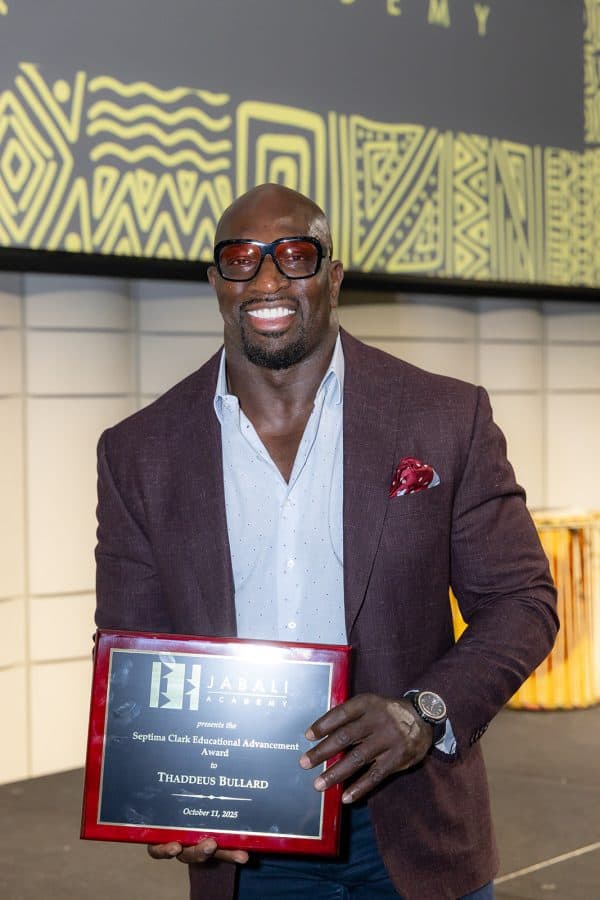
The recent fundraising event honored WWE legend Thaddeus Bullard, aka Titus O’Neil for his contributions to community and education. How do the examples and leadership of figures like him—and the support from partners like Warner Bros.—underscore the importance of the educational mission you are building at Jabali Academy?
The example of Thaddeus’ impact is a clear example of what can happen when you invest into the lives of young people and communities. The Bullard Family Foundation’s support of Singh Magnet School in Tampa and Warner Bros’ support of Jabali Academy indicate that people resonate with a mission that is grounded in uplift and opportunity for those who might otherwise get left behind.
